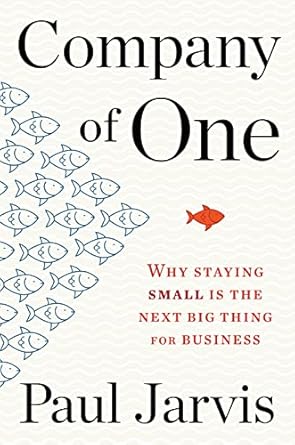Batching
A productivity strategy through grouping similar tasks and doing them at the same time.
Key Insights & Principles
Productivity
Insights:- Every time we switch between tasks, or types of tasks, we lose productivity, and it can take time to regain focus.
- It is more efficient to group similar tasks together and do them at the same time.
- Switching between creative and administrative tasks kills creativity and productivity.
- Identify what groups of tasks can be made routine through batching and time blocking.
- Group similar tasks, and do them at the same time.
- Separate creative and administrative tasks.
- Give yourself rewards after finishing a group of batched tasks.
- Plan the week ahead, create blocks of time according to the tasks at hand.








